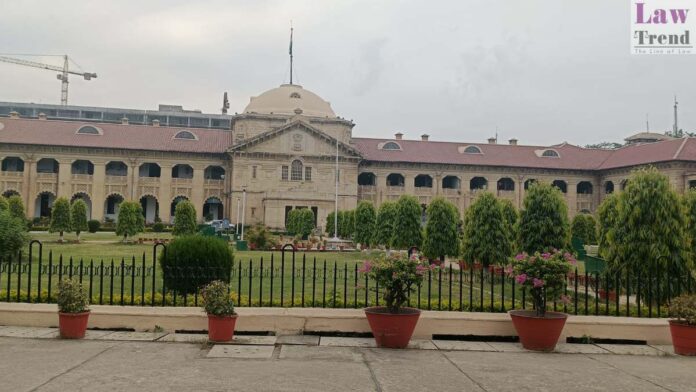In a significant judgment, the Allahabad High Court quashed the order withdrawing a sanctioned building map for petitioner Smt. Richa Singh, affirming that the alleged concealment of litigation was not a “material fact” substantial enough to revoke the sanction. The decision, rendered by Justice Anjani Kumar Mishra and Justice Jayant Banerji, emphasizes the court’s stance
To Read More Please Subscribe to VIP Membership for Unlimited Access to All the Articles, Download Available Copies of Judgments/Order, Acess to Central/State Bare Acts, Advertisement Free Content, Access to More than 4000 Legal Drafts( Readymade Editable Formats of Suits, Petitions, Writs, Legal Notices, Divorce Petitions, 138 Notices, Bail Applications etc.) in Hindi and English.




